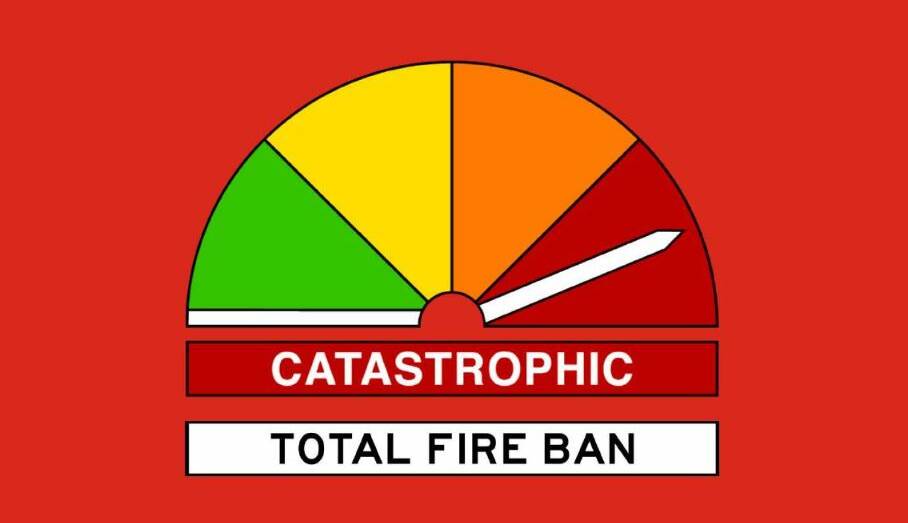
Heatwaves and school closures
Record-breaking heat struck Batemans Bay earlier this week with temperatures soaring to a blistering 37 degrees. Amidst premature celebrations of summer's arrival, my unease deepened.
Subscribe now for unlimited access.
or signup to continue reading
As readers would know, that very day, 21 schools closed due to looming bushfire threats, and an electrical fire cut the power and along with it, air conditioning, to over 1000 homes in Moruya.
As a resident of the South Coast, these events painfully revived memories of the devastating 2019/20 bushfires. I'm not alone; our entire community now bears the weight of climate change.
The decision to keep my children's school open while others closed along the South Coast left me conflicted. As I packed their lunches, along with P2 masks, I pondered the safety and sustainability of this approach as we brace for more scorching days ahead.
We can no longer afford complacency. It's time to bid farewell to coal and gas, end fossil fuel subsidies, and accelerate climate mitigation and adaptation. As it stands, we are unprepared for the impending reality, as we near 1.5 degrees of global warming.
Michelle Mitchell
Fracking harms our health
Gas fracking projects, fast-tracked in Australia, pose grave health risks, including cancer, birth defects, asthma, and heart issues. The just published University of Sydney report "The risks of oil and gas development for human health and wellbeing" is a stark reminder that the dangers associated with these projects have been underestimated.
Despite the "sustainable development" label, the Middle Arm industrial development in Darwin Harbour could export gas from the Beetaloo Basin, putting communities at risk.
Over 300 recent studies from around the world demonstrate the myriad health and environmental hazards of oil and gas operations.
The evidence is compelling: increased heart failure, asthma, leukemia, and birth defects in areas near fracking sites.It's time to prioritise public health over expedited industrial ventures.
More than 2000 doctors and health professionals have called on the government to reevaluate fracking in the Beetaloo Basin.
The well-being of our citizens, particularly vulnerable groups like pregnant women and children, demands a comprehensive reevaluation of these projects. The potential consequences are too dire to ignore.
Dr Michelle Hamrosi

